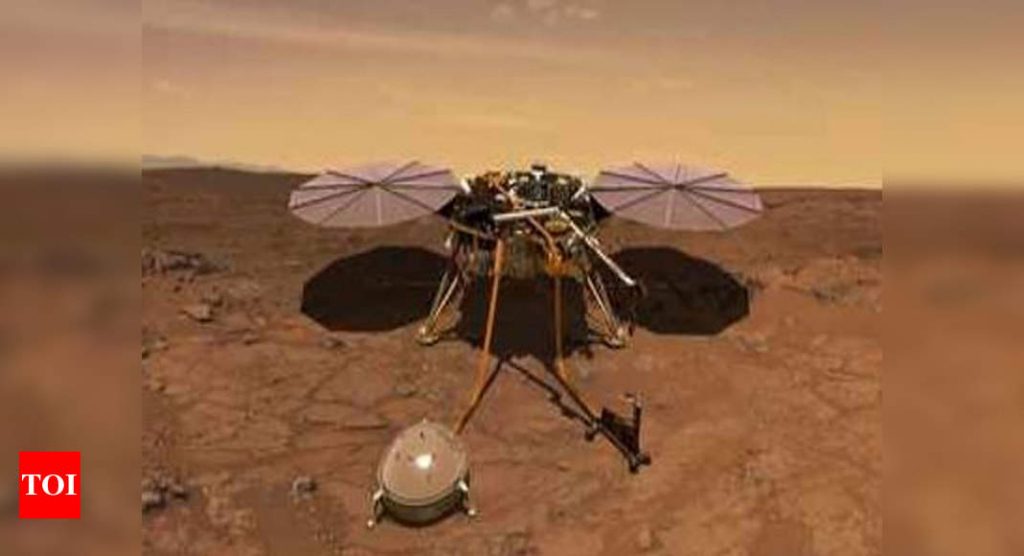WASHINGTON: Scientists are developing a predictive model to help Nasa anticipate conflicts and communication breakdowns among crew members and head off problems that could make or break the US space agency’s future manned mission to Mars.
Nasa has formalised plans to send a crewed spacecraft to Mars, a journey that could involve 250 million miles of travel, said researchers from the Northwestern University in the US.
In a multi-phase study, scientists are studying the behaviour of analogue astronaut crews on mock missions, complete with isolation, sleep deprivation, specially designed tasks and mission control, which mimics real space travel with delayed communication.
The goal is to establish the effects of isolation and confinement on team functioning, to identify methods to improve team performance, to develop a predictive model that Nasa could use to assemble the ideal team and…
Nasa has formalised plans to send a crewed spacecraft to Mars, a journey that could involve 250 million miles of travel, said researchers from the Northwestern University in the US.
In a multi-phase study, scientists are studying the behaviour of analogue astronaut crews on mock missions, complete with isolation, sleep deprivation, specially designed tasks and mission control, which mimics real space travel with delayed communication.
The goal is to establish the effects of isolation and confinement on team functioning, to identify methods to improve team performance, to develop a predictive model that Nasa could use to assemble the ideal team and…






